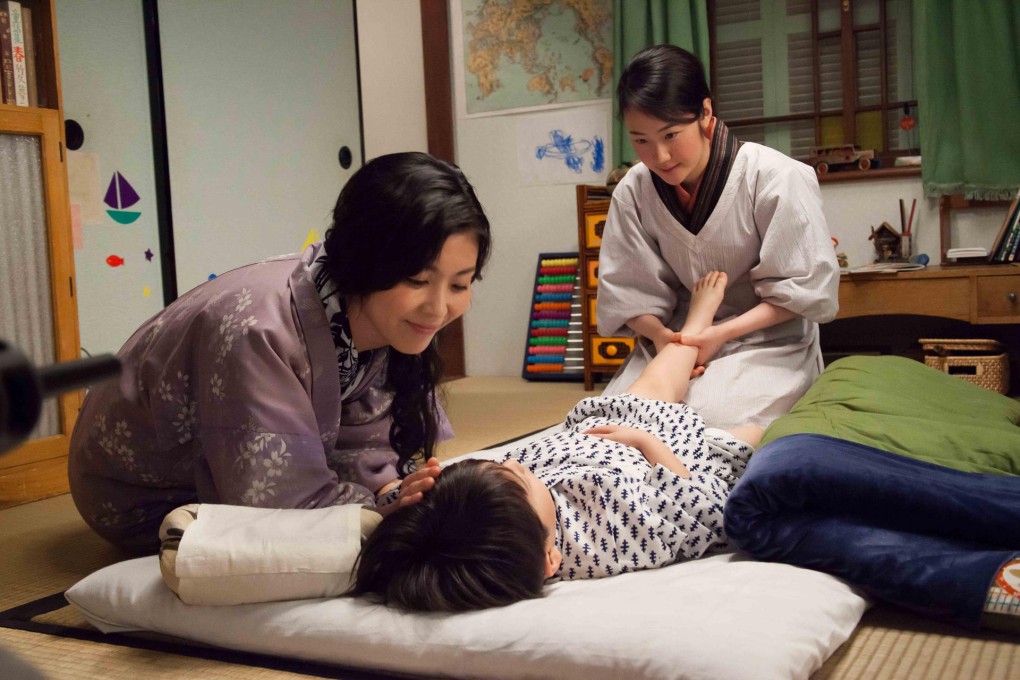Film review: The Little House
At one point in 82-year-old director Yoji Yamada's 82nd film, a woman introduces her boyfriend to American author Virginia Lee Burton's classic The Little House. However, this old-fashioned drama is actually based on Kyoko Nakajima's Chiisai Ouchi, which is also called The Little House in English.

THE LITTLE HOUSE
Starring: Haru Kuroki, Takako Matsu, Satoshi Tsumabuki, Chieko Baisho
Director: Yoji Yamada
Category: I (Japanese)
At one point in 82-year-old director Yoji Yamada's 82nd film, a woman introduces her boyfriend to American author Virginia Lee Burton's classic The Little House. However, this old-fashioned drama is actually based on Kyoko Nakajima's Chiisai Ouchi, which is also called The Little House in English.
The film begins inauspiciously, at a hilltop cemetery overlooking a crematorium. Among the people gathered below is Takeshi (Satoshi Tsumabuki), a young man whose beloved grand-aunt Taki (Chieko Baisho) has recently died. At his request, the elderly woman had set about writing her autobiography, and allowed him to read her work.
Shown in flashbacks, the youthful Taki (the younger incarnation of whom is played by Haru Kuroki) had moved from her home village in the "snow country" to Tokyo to work as a maid. At first, she works in the household of an eccentric novelist (Isao Hashitsume). She then becomes the domestic helper at the suburban, red-roofed, petit bourgeois home of toy company executive Masaki Hirai (Takataro Kataoka), his wife Tokiko (Takako Matsu) and their young son.
Although the film begins and ends with 21st-century scenes, most of The Little House's story is set in the early Showa era, between the mid-1930s and 1945. And much of it takes place within the confines of a well-furnished home with an eye-catching mix of Western and Japanese styles.